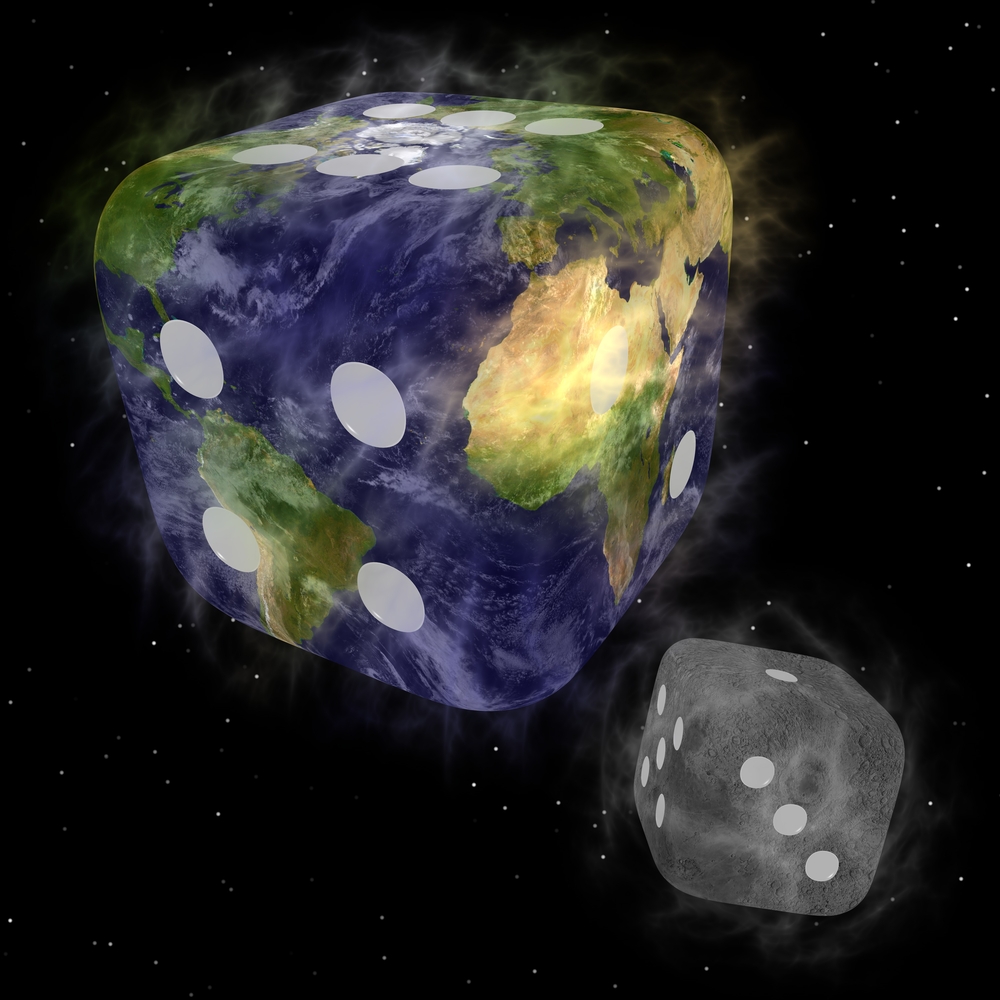Want to get into a bar fight at a physics conference? Argue that quantum mechanics is the best way to predict outcomes. Or argue the opposite.
A new paper argues that quantum mechanics is close to optimal in terms of its predictive power but even if all the information is available, the outcomes of certain quantum mechanics experiments generally can't be predicted perfectly beforehand. Optimal but unpredictable? The best but often not good enough? Quantum mechanics is a confusing dichotomy, basically the LeBron James of the physics world.
Einstein and the giants of his day could not settle whether quantum mechanics is the best way to predict outcomes. Einstein's 'God does not play dice with the Universe' is often invoked in these arguments (less well known is Neils Bohr's one-time annoyed response, "Stop telling God what to do").
Quantum mechanics does not want to be limited to clever sound bites.
A group of theoretical physicists looked at measurements of maximally entangled pairs of photons sent into a Stern-Gerlach experiment, in which each photon can take one of two possible paths, generally spin up or spin down. (Want to do some Stern-Gerlach of your own? The University of Colorado has a handy online tool here)
"In our experiment, we show that any theory in which there is significantly less randomness is destined to fail: quantum theory essentially provides the ultimate bound on how predictable the universe is," said Dr. Wolfgang Tittel, associate professor and GDC/AITF IndustrialResearch Chair in Quantum Cryptography and Communicationat the University of Calgary in a release.
Dr. Renato Renner, Professor at the ETH in Zürich added, "In other words, not only does God 'play dice,' but his dice are fair."
Take that, Einstein. 
Dice with the universe? Randomness makes things better. Photo: Shutterstock
Randomness in quantum theory not only here to stay, it is apparently the way to go. "Its appeal is its fundamental nature and broad range of implications: knowing the precise configuration of the universe at the big bang would not be sufficient to predict its entire evolution, for example, in contrast to classical theory," says Tittel.
Citation: Terence E. Stuart, Joshua A. Slater, Roger Colbeck, Renato Renner and Wolfgang Tittel, 'Experimental Bound on the Maximum Predictive Power of Physical Theories', Phys. Rev. Lett. Volume 109 Issue 2 DOI:10.1103/PhysRevLett.109.020402




Comments